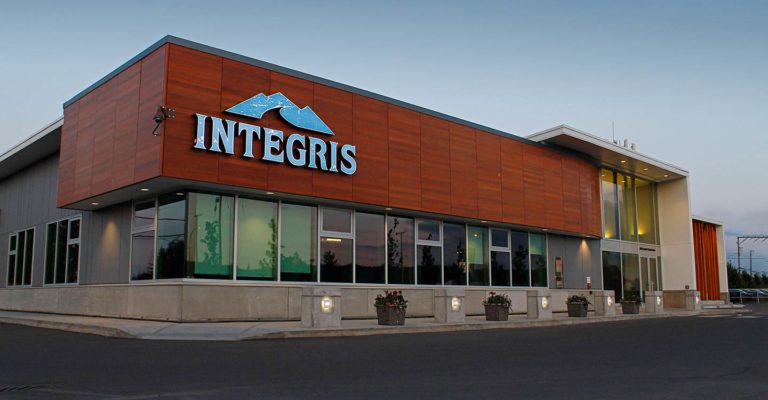— 40-year inflation high, rising costs of housing & food affect all BC communities that calculate the living wage—
PRINCE GEORGE (LHEIDLI T’ENNEH TERRITORY) – The living wage has gone up to $21.19 an hour in Prince George for 2022, a significant increase over the 2019 rate, this year’s Living Wage Update report shows.

The living wage is the hourly wage that two parents working full-time need to earn to support a family of four. Prince George has seen a 27.9 per cent increase since 2018 ($16.56/hr). Other communities across the province that have seen staggering living wage increases include Kelowna at $4.39 (23.7 per cent) higher than last year’s rate of $18.49, Victoria at $3.83 (18.7 per cent) higher than last year’s $20.46 and Metro Vancouver $3.56 (17.3 per cent) higher than last year’s $20.52.
This year the living wage has increased across BC in all of the communities where it has been calculated in the past and is driven by two essentials that every family needs: food and shelter.
“With general inflation shooting up to a 40-year high this year, and with the cost of food rising even faster and rent increasing everywhere, especially for families that need to move and are no longer protected by rent control, it’s not surprising to see such big increases this year,” says Anastasia French, Living Wage for Families provincial manager.
The price of groceries needed for a healthy diet for a family with two young children has spiked sharply this year, according to the latest BC food costing survey data.
“It is important to Integris and our membership that we support a living wage. We’ve said it before and we will say it again: We are ‘All In’ when it comes to our communities and paying a living wage is just one way we continue to enrich the lives of all we serve.” says Van Tay, VP, People, Integris Credit Union.
In Prince George, food costs $1,119.63 per month, an increase of $147.48 per month or 15.17 per cent since last year. Food is the second-highest cost in most communities, only exceeded by the cost of housing. “Food used to be the third-most expensive item but has now edged ahead of childcare costs after the BC government made major investments in childcare affordability in 2018 that significantly reduced out-of-pocket childcare costs for the living wage family,” French says.
“Until this year the living wage across most of BC remained below its 2018 peak because policy changes introduced by the BC provincial government significantly improved affordability for families with young children and offset increases in the cost of food, housing and other essentials,” says report lead author Iglika Ivanova, senior economist at CCPA-BC.
“However, the savings generated by these policy changes, including significant childcare investments and the elimination of MSP premiums, have now been effectively wiped out by ballooning rent and food costs,” she adds.
The living wage is enough for a family with two young children to cover necessities, support the healthy development of their children, escape severe financial stress and participate in the social, civic and cultural lives of their communities. It affords a decent but still very modest standard of living, without the extras many take for granted, French explains.
A strikingly large gap exists between the 2022 living wages for communities across BC and the province’s minimum wage (currently $15.65 per hour).

While many BC employers see the value of paying living wages (with nearly 400 certified Living Wage Employers across the province), Ivanova explains the labour market alone cannot solve all problems of poverty and social exclusion.
“Good public policy can make life more affordable for families and when government transfers don’t keep up with the rising cost of living, the families hardest hit are headed by already marginalized earners, including single mothers, Indigenous people and recent immigrants,” Ivanova says.
Living wage employers include small businesses, non-profit organizations, unions, and cooperatives. These employers have committed to pay all their direct staff and contract employees a living wage and to require their major service providers to also pay a living wage, including for janitorial, security and food service contracts.
About Integris Credit Union
Integris Credit Union respectfully acknowledges that we operate on beautiful and unceded Dakelh and Secwepemc Territories. Integris is a financial cooperative with $1.8 billion in assets under administration, offering banking, insurance (including ICBC Autoplan), Financial Planning, and Group Benefits to over 27,000 members in the North Central BC region. As a living wage employer, Integris continues to be a leader and community enriching organization.
For more information about Integris, visit: www.integriscu.ca
-30-
Media contacts:
Van Tay
VP, People
Integris Credit Union
250-612-3489
Cori Ramsay
Marketing Analyst
Integris Credit Union
Living Wage for Families Advisory Committee Member
250-612-3464





























